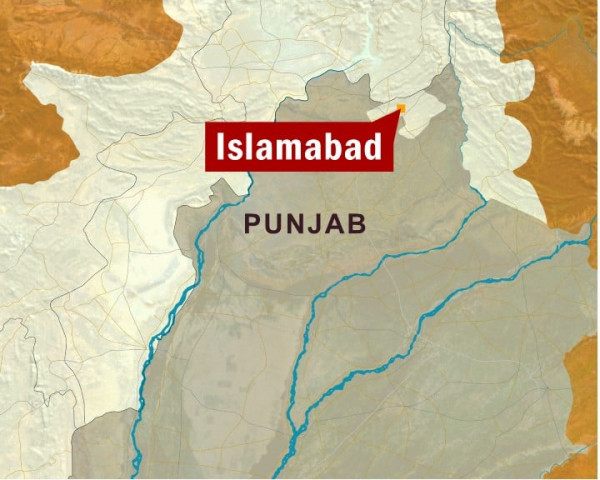New provinces: PML-N urges govt to set up ‘national commission’
Party’s special committee endorses demand for new provinces on administrative basis.

The Pakistan Muslim League Nawaz (PML-N) on Monday called upon the government to set up a ‘national commission’ in consultation with the opposition to evolve a consensus over the idea of creating new provinces.
“We have asked the government to constitute a national commission having representation from all political parties irrespective of their representation in parliament,” said Senator Raja Zafarul Haq, following a meeting of the PML-N’s Special Committee on New Provinces.
“The committee has endorsed the policy on new provinces enunciated by Nawaz Sharif in his address to the PML-N General Council in Islamabad on July 27 that the country needs new provinces on an administrative basis,” Haq told The Express Tribune.
The meeting also discussed the volatile security situation in Sindh, particularly in Karachi, and the ‘political somersaults’ of the government on the local governments system.
Earlier, PML-N leader Javed Hashmi had said that Punjab should be divided into four provinces but not on ethnic or linguistic basis.
On the other hand, the Pakistan Muslim League Quaid (PML-Q) had submitted a resolution in the Punjab Assembly, demanding the creation of a Seraiki province.
However, the move for a Seraiki province has already been criticised by the people of the region. In this regard, former information minister Muhammad Ali Durrani of the PML-Q had stated that the creation of new provinces on a linguistic basis in southern Punjab would spark anarchy. Instead he had demanded that Bahawalpur should be given the status of province.
Published in The Express Tribune, August 9th, 2011.



















COMMENTS
Comments are moderated and generally will be posted if they are on-topic and not abusive.
For more information, please see our Comments FAQ